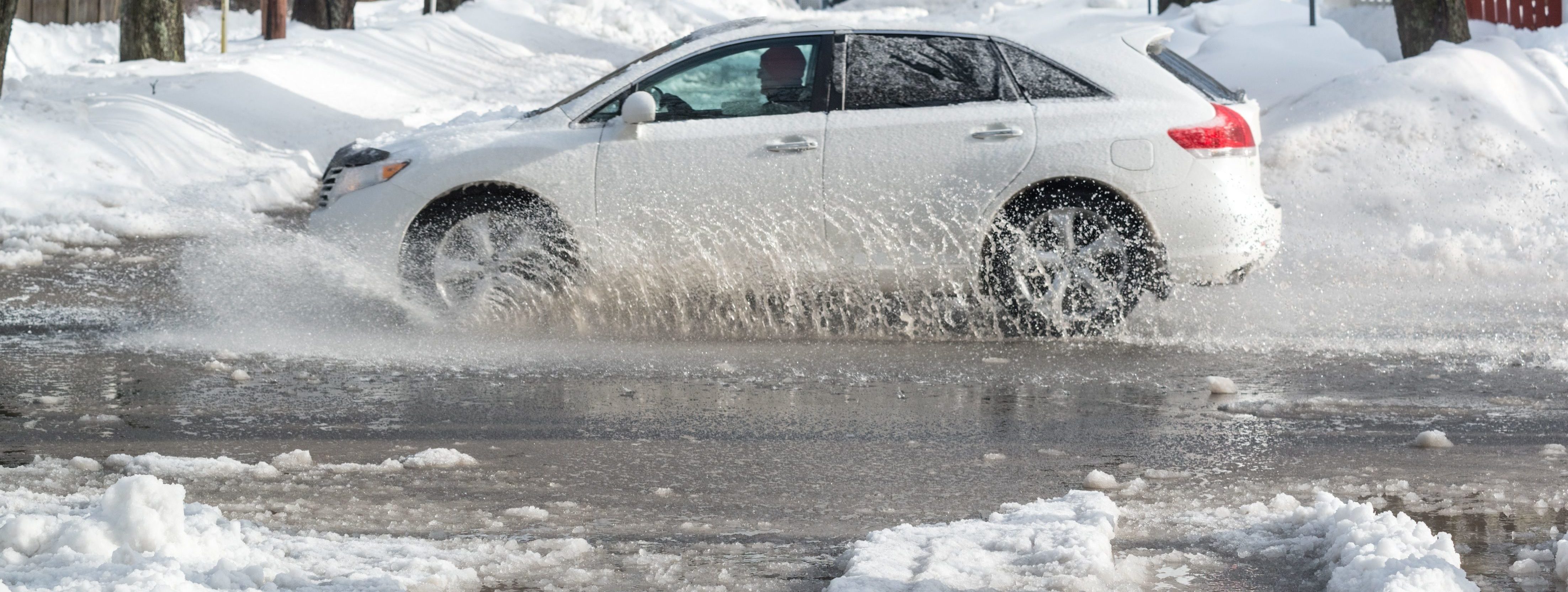Insurance Bureau of Canada (IBC) is encouraging residents affected by flooding in Atlantic Canada to call their insurance representatives immediately if they have damage to report.
“We have seen the devastating effects that flooding can have on communities across our region,” said Tom O’Handley, manager, government relations, Atlantic, IBC. “Warming temperatures and melting snow are adding to the already-dangerous conditions in some parts of Atlantic Canada. There is a need for everyone to be on alert and to be safe. That’s why we want to help make sure that Atlantic Canadians are prepared and ready to deal with the damage when floods strike.”
The IBC has been calling for a national flood strategy for the last few years. With climate change causing more frequent and more severe flooding events, the cost to governments and consumers will rise without adequate measures put in place. While some progress has been made, notably in floodplain mapping, such as zoning and development controls have been slower in gaining momentum.
Overland flood insurance has become more available across Atlantic Canada in recent years. When severe weather occurs, it is important for consumers to understand their insurance policies and to know what is covered. If damage occurs, consumers should contact their insurance representatives. IBC is also here to help policyholders if they have any insurance-related questions.
“IBC’s Consumer Information Centre is also available to answer any insurance-related questions that affected individuals might have. Contact us at 1-844-2ASK-IBC. We’re here to help,” O’Handley said.
If you have a claim, this is how to start the claims process:
- When safe to do so, assess and document damage.
- Call your insurance representative and/or company to report damage or losses.
- Be as detailed as possible when providing information.
- Water damage to vehicles is usually covered under comprehensive or all-perils policies. Contact your insurance representative for more details.
- If you need help getting in touch with your insurer, contact IBC’s Consumer Information Centre at 1-844-2ASK-IBC (1-844-227-5422).
When flooding is imminent, help protect your home from water damage:
- Store valuable items in upper floors of your home, away from the basement.
- Have large appliances, furnaces, hot water heaters and electrical panels raised up on wood or cement blocks. If you’re unable to do so, consider anchoring these items and protecting them with a floodwall or shield.
- Anchor fuel tanks to the floor. A fuel tank can tip over or float in a flood, causing fuel to spill or catch fire. Make sure vents and fill-line openings are above flood levels. For propane tanks, contact the propane company on best storage methods.
- If flooding is imminent, shut off electricity to areas of the home that may be affected. Use sand bags or install flood shields or built-up barriers for basement windows and doors.
- Create an emergency preparedness plan with your family.
- Assemble an emergency supply kit.
- Prepare a detailed home inventory.
- Pay attention to local authorities and monitor weather developments regularly.
- Avoid roads covered by water









